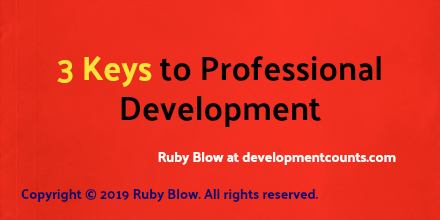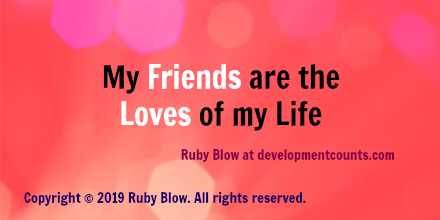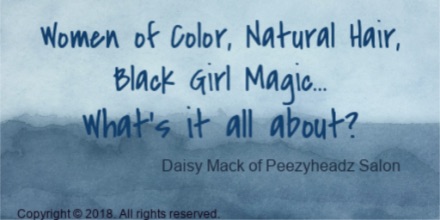How Do You Have So Many Friends?
My Oncologist asks me this question almost every time I see him: “How do you have so many friends?” He spelled out the longer version of that question, or his implied question, today by saying, “If I got sick, would I know if I’d have any friends to come with me to appointments?” I didn’t know how to answer this question; I never do. I just smile and acknowledge whichever of my friends has graciously agreed to come with me to the appointment. Today though, my dear friend “Harvey” offered to answer the question. She said that I was a nice person and a few other descriptions of my qualities. I don’t recall them because I really got distracted by the idea that I am nice.
I am not a “Nice” Person
The truth is that I don’t think of myself as a “nice” person. I think that I am, however, committed to authenticity. That authenticity includes sharing my positive regard not only toward my friends, but also to colleagues and even strangers. I recognize that this quality includes giving sincere compliments; however it also involves a level of dialogue that is above all else honest, engaging and at times challenging. Being “nice” in my estimate is a quality with many iterations…including friendly, welcoming, and to some degree non-confrontational and easy. While I can be friendly and welcoming, I am also assertively confrontational and by no means “easy.” I don’t go along to get along. Generally speaking, I don’t say “yes” when I mean “no.” I also don’t pretend to be okay when I am not okay. I have found that a big part of getting to a place of okay-ness involves being honest and open when you are not “okay.”
Friendship Involves Trust
The truth is I resonate with people who are generally comfortable with all of these traits. This allows me and them to deal with….well…life. In truth, lasting friendships require ego strength. To be friends with someone over the long term means to accept the differences between you; it also means trusting that you can be different and still be valued, admired and loved. Friendship involves being trusted and being trustworthy. It means presuming the best of one another – not the worst. It is difficult to be a friend or maintain friendships if you don’t trust others.
Authenticity Matters
Sometimes being “nice” without the balance of being authentic can lead to betraying oneself. When you are not true to yourself, when you don’t speak up for yourself, when you don’t express yourself….you become unknown. What does it mean to be liked or even loved but not known? Being nice over being authentic robs you of closeness and connection. I don’t communicate with the majority of my close friends every day, week or month. Sometimes communication is far in between. What allows us to come back to a place of connection is the capacity to be present and true to one’s self. When each person is being themselves in a way that is not overly fearful of rejection, it allows each person to be known and respected for who they are.
The Courage to Be
This type of interpersonal hardiness is a trait that I find in the majority of the people with whom I have managed to maintain long term friendships…they aren’t perfect and neither am I. They can be available to me or not; they can say “yes” or they can say “no.” They can retreat or they can step forward as I can with them. What I admire about them and about any number of people I encounter is their courage to be themselves. Even if that self is sometimes afraid and at times insecure. The courage to be one’s self isn’t about being fearless…it’s about being yourself anyway.
Copyright © 2019 Ruby Blow. All rights reserved.
Share your thoughts on Linkedin, Facebook, Twitter, Instagram or log in to one of your accounts below to comment. Subscribe to my YouTube channel.





